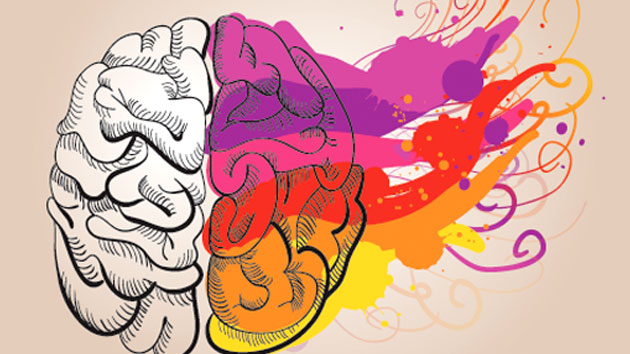Gluten can cause brain problems
An interesting paper, published in September 2008 in the “Annals of Neurology”, described a “new science” of an enzyme that causes your brain problems caused by the reactivity to gluten, and also independent of other celiac symptoms. Most doctors know that the open Gluten-reactivity with celiac disease and the classic constellation of symptoms and signs of characterization is the malabsorption syndrome, easy to recognize and is classified as a manifestation of “celiac disease”. Malabsorption symptoms are steatorrhea, weight loss or failure to thrive, bloating and flatulence, with still other deficiencies.
 More often, however, difficult to detect the others are diverse ways in which the celiac hides.
More often, however, difficult to detect the others are diverse ways in which the celiac hides.
Celiac disease can mimic many common clinical manifestations. These atypical forms include:
- Deficits of individual micronutrients
- Non specific gastrointestinal complaints such as bloating, abdominal pain, diarrhea, constipation, secondary lactose intolerance and dyspepsia (indigestion)
- No gastrointestinal complaints such as fatigue, depression, joint pains, milk intolerance, osteomalacia or osteoporosis and iron deficiency anemia.
Another symptom that is not routinely examined are, neurological problems, although the Depression as an element of celiac disease has been detected.
Further investigations about this issue, see the extensive work of who identified five different exorphins in the digestion of gluten.
This morphine-like substances from incompletely digested milk and cereal proteins are among the dietary factors that can make you depressed, CNS serotonin, dopamine and norepinephrine levels are altered.
The scientist describe:
Gluten sensitivity, typically known as celiac disease, is a chronic, autoimmune mediated intestinal disorder.
Neurological disorders can occur with a frequency of up to 10% in these patients. However, neurological disorders can also be the sole representatives of gluten intolerance.
The enzyme transglutaminase antibodies in celiac disease develops. This is a great indicator in the diagnosis of celiac disease.
Among others, the work explains the role of additional transglutaminase Isozymes with respect to the brain health and its function.
A novel neural transglutaminase isozyme is investigated , this in conjunction with the question of whether this enzyme is responsible for the immune response in patients with neurological disorders.
The scientists found that:
During the development of anti-transglutaminase IgA 2 is associated with gastrointestinal diseases, the anti-transglutaminase 6 IgG and IgA is the answer to the widespread ataxia by gluten, regardless of an intestinal involvement.
“Ataxia “means” without order “. People with ataxia have problems with coordination. This is because parts of the nervous system that are normally responsible for the control of coordination and balance, are affected.
When it comes to health problems caused by gluten and other proteins, mood disorders are caused and it shows a progressive loss of balance and coordination.